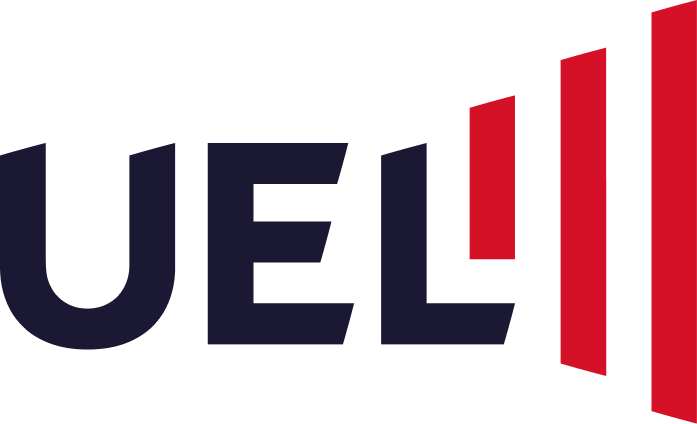Stakeholder survey
It will explore, among others, the “advantages and disadvantages [of such a legislation] in terms of costs and benefits for companies and in terms of the competitiveness of Luxembourg companies and the Luxembourg economy”. It aims to collect feedback from stakeholders (a separate survey will be sent to companies) on the perceived social, environmental and human rights impacts of the legislation; the potential costs of enforcing such a legislation for public authorities and the judicial system; and costs and benefits for the Luxembourg’s economy. The questions are based on the survey prepared by the British Institute of International and Comparative Law (BIICL survey) and published by the European Commission in January 2020, but are adapted to fit the national context when necessary.
The scope of the present survey is limited to “mandatory human rights and environmental due diligence” which is distinguishable from voluntary guidelines and corporate human rights reporting regimes. Mandatory due diligence for human rights impacts and environmental damage through the supply chain refers to explicit legal duties to undertake due diligence activities and/or to prevent harm through the exercise of due diligence.
The survey questionnaire contains 20 questions that take approximately 15 minutes to complete.
Your participation is entirely voluntary. All responses will be compiled, anonymized and analysed collectively.
The Ministry of Foreign and European Affairs encourages stakeholders to participate in this study, so that the government can obtain as complete a picture as possible of the preferences and concerns of all stakeholders concerned.
This survey is rooted in the 2018 government programme and was reiterated in the 2nd National Action Plan for the Implementation of the UN Guidelines on Business and Human Rights, 2020-2022, to which the UEL and INDR have actively contributed. The full description (in English) of the survey can be found here. The form is to be returned completed by 4 January 2021 to the address indicated. The answers to the questionnaire can, however, be given in French or German.

